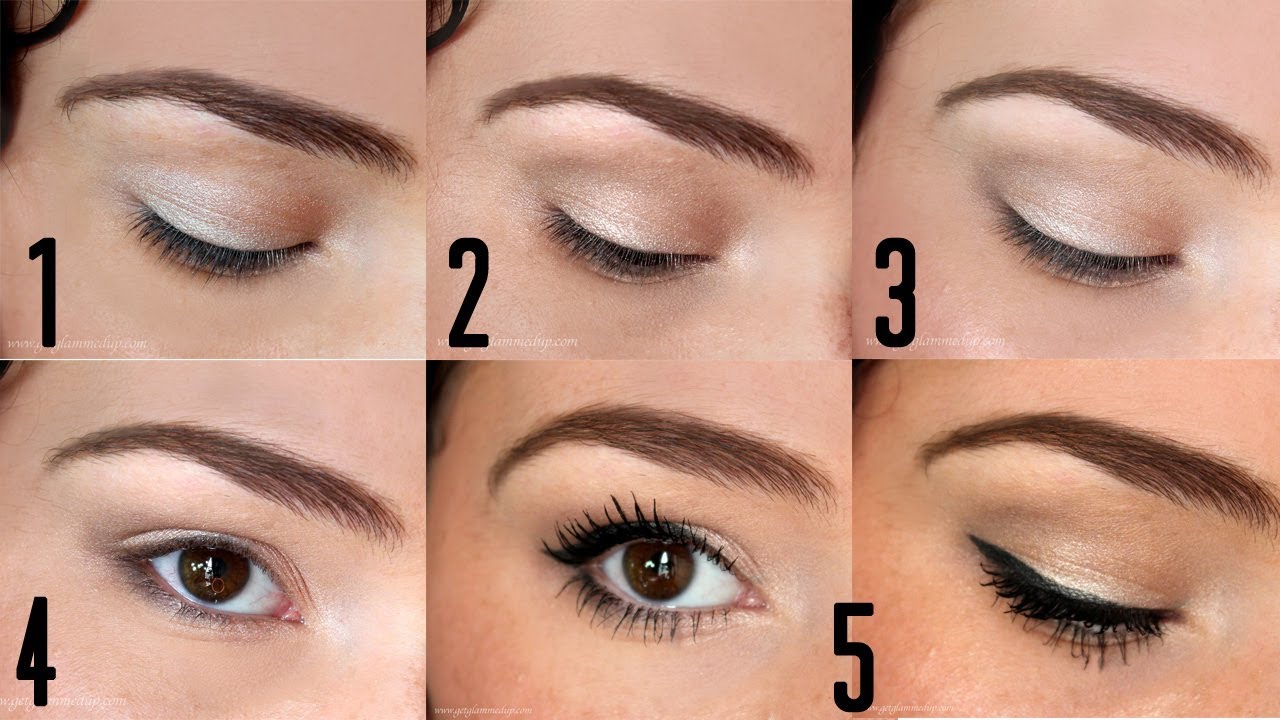Apply Now
Effective Ways to Get Rid of Ants in Your Kitchen
Ants are a common nuisance in homes, especially in the kitchen where food is present. Their ability to swarm and form colonies makes them formidable pests that can lead to contamination and food safety issues. Knowing how to get rid of ants is essential for maintaining a clean and healthy cooking environment. This article will explore a comprehensive approach to eliminate ants in the kitchen, emphasizing both natural and chemical methods, preventative measures, and maintaining kitchen cleanliness to deter these unwanted guests.
By understanding the ant colony life cycle, identifying their pathways, and implementing effective pest control strategies, homeowners can effectively manage and prevent ant infestations. This article lays out actionable tips and tricks to help you regain control of your kitchen while ensuring safety and hygiene.
Understanding Ant Behavior and Kitchen Ant Identification
Recognizing the behavior and species of ants populating your kitchen is the first step in devising an effective ant control strategy. Different species have unique characteristics and food preferences, which can influence the methods used for pest management.
Common Types of Ants Found in Kitchens
The most frequent kitchen invaders include sugar ants, carpenter ants, and pharaoh ants. Sugar ants are particularly attracted to sweet substances like syrup and candy, making them prevalent in kitchens with stored snacks. Understanding the specific ant species can aid in creating targeted control measures.
Identifying Signs of Ant Infestation
Look for signs such as trails of ants moving towards food sources, discarded ant body parts, and food debris. Identifying these signs early can help prevent a more significant infestation and allow for quicker action.
Understanding Ant Scouting and Pheromone Trails
Ants communicate through pheromone trails that guide others to food sources. When scouting for food, worker ants lay down these chemical trails, which can lead to entire colonies invading your home. Observing these trails can help you identify where they are entering and establish which food sources to remove.
Effective Ant Control Methods
With an understanding of ant behavior established, it's time to explore various methods to effectively eliminate ants in your kitchen.
Using Ant Baits and Traps Effectively
Ant baits attract ants to a food source that contains poison, which they then take back to their colony. This method can significantly reduce the ant population and is one of the most effective means of pest control. Place bait stations in areas where you've observed ant activity.
Natural Ant Repellents: Vinegar and Essential Oils
Natural ant repellents such as vinegar and essential oils, including peppermint and tea tree oil, can deter ants when sprayed on surfaces. These solutions disrupt ant pheromone trails and create an unpleasant environment for them, leading to their avoidance of treated areas.
Boric Acid Solutions for Ant Control
Boric acid is another effective method for killing ants. It is a stomach poison that worker ants carry back to their colonies, ultimately exterminating the queen and the rest of the colony. Mixing boric acid with sugar water can enhance its effectiveness, as it attracts the ants while delivering the pesticide.
Preventative Measures to Avoid Ant Infestations
In addition to employing control methods, it’s crucial to maintain a pest-free kitchen by implementing preventative measures.
Maintaining Kitchen Cleanliness to Deter Ants
Regularly cleaning kitchen surfaces, sweeping up crumbs, and ensuring that food is stored properly can significantly reduce the chances of attracting ants. Keeping countertops and tables clean, and routinely checking for spills can help maintain a pest-free kitchen.
Sealing Ant Entry Points
Inspecting your home for cracks and crevices where ants could enter is vital. Seal these potential entry points with caulk or other appropriate materials. This proactive strategy not only prevents ant infestations but also deters other pests from entering your home.
Food Storage Tips to Prevent Attraction
Proper food storage is essential in keeping ants at bay. Store all food products, especially sugary items, in airtight containers. This not only keeps ants away but also helps in maintaining food safety.
The Role of Professional Pest Control Services
When an ant infestation becomes overwhelming, it might be time to consider professional pest control services.
Benefits of Hiring Pest Control Experts
Professional pest management services provide specialized knowledge and advanced techniques for effective ant elimination. This includes access to stronger pesticides and the ability to identify and eliminate ant colonies effectively.
Cost-Effective Pest Control Solutions
Engaging pest control services can save you money long-term by preventing extensive damage and ensuring health safety. Discussing budget options with professionals can yield cost-effective solutions, making pest management accessible.
Monitoring for Re-Infestation and Ongoing Maintenance
Even after successful extermination, monitoring for signs of re-infestation is crucial. Regular kitchen checks and maintaining cleanliness are essential practices to keep your kitchen ant-free.
Conclusion: Maintaining a Pest-Free Kitchen
By integrating knowledge of ant behavior, effective control measures, and preventative strategies, you can create a pest-free kitchen environment. Whether using natural methods like vinegar and essential oils, or professional extermination services, understanding your options will empower you to effectively manage and eliminate ants. Keeping surfaces clean, sealing entry points, and monitoring activity will ensure your kitchen remains a safe and inviting space for culinary adventures.

